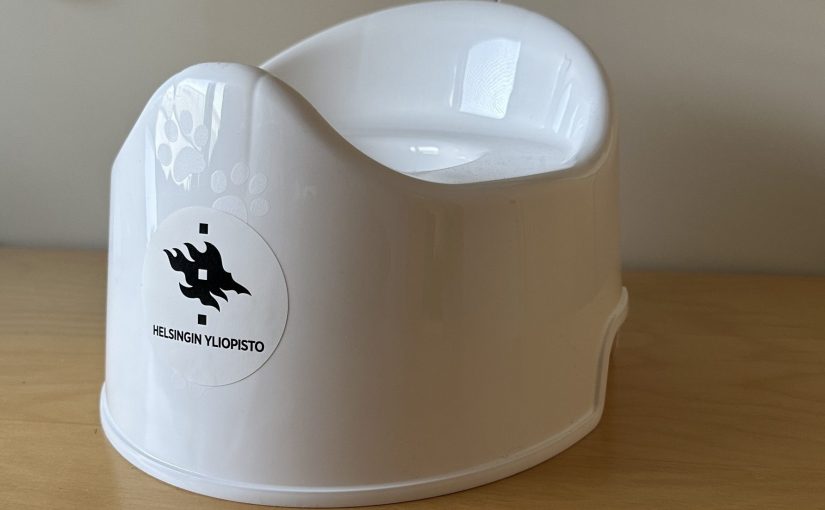Our primary research interest is infant gut microbiota, as this is an important window of opportunity for improving long-term health and preventing disease. In early life, the gut microbiota guides the host’s whole physiological development, including the development of the immune system, nervous system, and metabolism. It is therefore of utmost importance to learn how to support the natural health-promoting gut microbiota development in infants. Many common practices threaten the natural biodiversity of the rich and complex ecosystem within us, especially in early life. Because C-section birth and antibiotics, that disrupt natural the gut microbiota acquisition and development, are often necessary, it is imperative to identify methods to restore the natural biodiversity after such disturbances. To define the most optimal microbiota restoration practices, mechanistic understanding of the functioning of infant gut microbiota and microbiota-host interactions must be established.
Our research combines analytical methods of population and community ecology with traditional microbiology, modern molecular multiomics and state-of-the-art bioinformatics to the study of human gut microbial ecology. We focus mostly on the human gut microbiota, collecting and analysing faecal samples from infants both in observational studies and in clinical trials.
